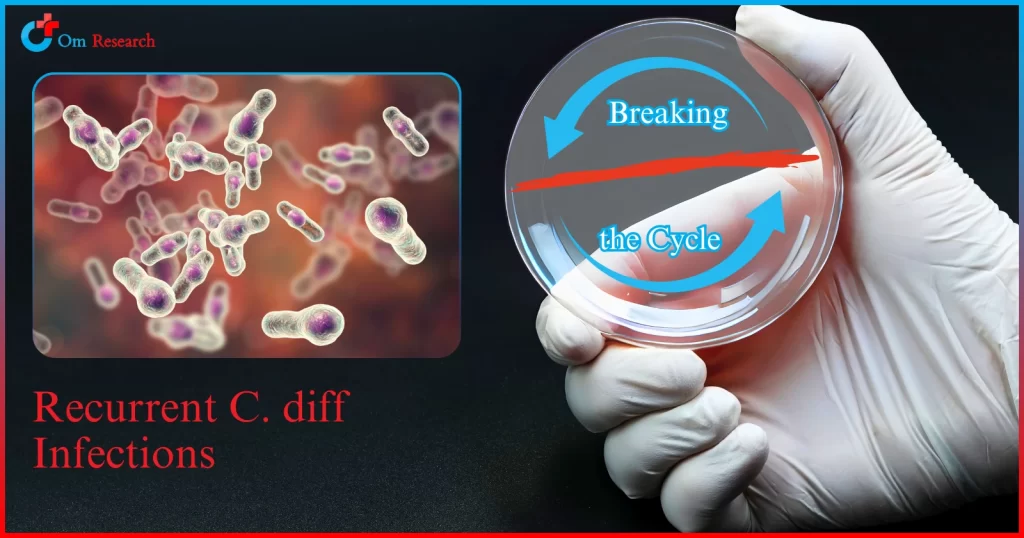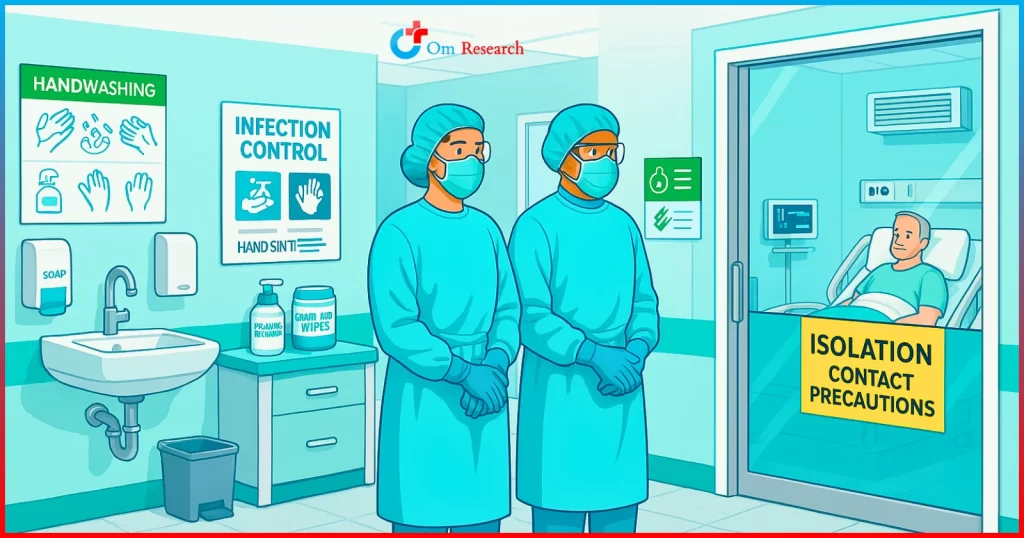Struggling with recurrent C. diff infections? You’re not alone. Many people face the frustrating cycle of repeated infections, especially after antibiotic use disrupts gut health, but there’s hope.
Why Do C. diff Infections Keep Coming Back?
C. diff infections often recur because antibiotics used to treat it can harm the gut’s good bacteria, creating a perfect environment for harmful bacteria to thrive. Each recurrence increases the risk of severe complications like dehydration, colitis, or even hospitalization.
Research shows that up to 35% of patients experience recurrence after an initial C. diff infection, and the risk increases with each subsequent infection. This cycle can be exhausting, but understanding the root causes is the first step toward finding a solution.
How to Break the Cycle
- Avoid Unnecessary Antibiotics: Antibiotics are lifesaving but should only be used when absolutely necessary. Talk to your doctor about alternatives if possible.
- Restore Gut Health: Probiotics and a fiber-rich diet can help rebuild your gut’s natural balance. Foods like yogurt, kefir, and fermented vegetables support beneficial bacteria.
- Consider Fecal Microbiota Transplantation (FMT): For recurrent cases, FMT is a game-changer. This procedure restores healthy gut bacteria with over 80% – 90% success rates in preventing recurrence.
Fecal Microbiota Transplantation (FMT): A Promising Solution
FMT involves transferring stool from a healthy donor to a patient’s intestine to restore the gut microbiome. Studies have shown that FMT is highly effective in treating recurrent C. diff infections, with success rates significantly higher than traditional antibiotic therapy.
The process typically involves:
- Donor Screening: Ensuring the donor is free from infections and harmful bacteria.
- Stool Processing: Filtering and preparing the stool for transplantation.
- Administration: Methods include colonoscopy, nasogastric tube, enema, or oral capsules.
FMT addresses the root cause of recurrent infections by restoring microbial balance, rather than simply treating symptoms.
Clinical Trials: Path to Innovative Treatments
If you’re tired of the cycle of recurrent C. diff infections, clinical trials offer access to cutting-edge therapies. Enrolling in a clinical trial could give you access to treatments like FMT or new microbiome-based drugs.
Prevention Strategies
Preventing C. diff infections is key to avoiding the cycle of recurrence. Here are some strategies:
- Hand Hygiene: Wash hands with soap and water, especially in healthcare settings.
- Environmental Cleaning: Disinfect surfaces with bleach-based cleaners to kill C. diff spores.
- Antibiotic use: Use antibiotics only when necessary and under medical guidance.
Future of C. diff Treatment
The success of FMT has sparked interest in developing synthetic microbiome-based treatments. These include:
- Microbiome-Practical Drugs: Targeted treatments designed to mimic FMT without using human stool.
- Individual Probiotics: Bacterial formulations tailored to specific diseases.
- Advanced Stool Banking: Preserving microbiota-rich samples for future use.
These advancements could revolutionize how we treat not just C. diff, but other conditions linked to gut health, such as IBS, IBD, and metabolic disorders.
Ready to Take the Next Step?
If you’re ready to explore treatment options for recurrent C. diff infections, consider joining a clinical trial. Visit our C. diff trial enrollment to learn more and take the first step toward better gut health.



